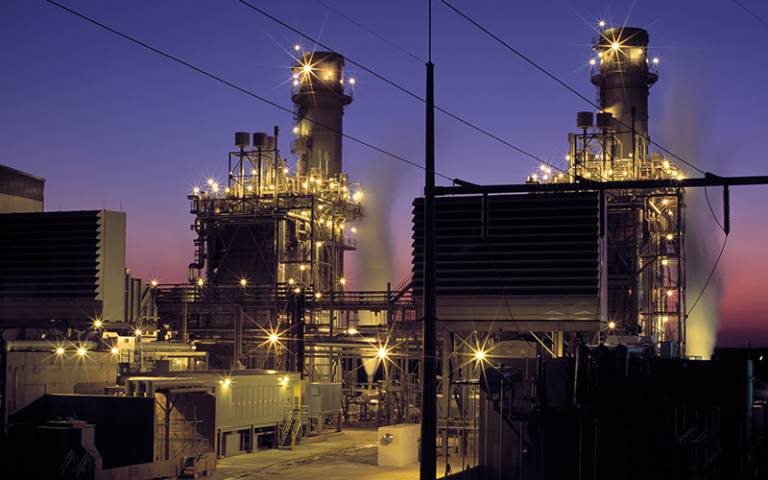Capital stranding cascades: The impact of decarbonisation on productive asset utilisation
27 March 2019, 5:30 pm–7:30 pm

This lecture will discuss a novel methodological framework to investigate the exposure of economic systems to the risk of physical capital stranding.
Event Information
Open to
- All
Availability
- Yes
Organiser
-
UCL ISR
Location
-
G04 Gavin de Beer Lecture TheatreAnatomy buildingGower StreetLondonWC1E 6XAUnited Kingdom
Description
Combining Input-Output (IO) and network theory, Dr Campiglio will define measures to identify both the sectors likely to trigger relevant capital stranding cascades and those most exposed to capital stranding risk. He will go on to show how, in a sample of ten European countries, mining is among the sectors with the highest external asset stranding multipliers. The sectors most affected by capital stranding triggered by decarbonisation include electricity and gas; coke and refined petroleum products; basic metals; and transportation. From these sectors, stranding would frequently cascade down to chemicals; metal products; motor vehicles water and waste services; wholesale and retail trade; and public administration. Finally, he will provide an estimate for the lower-bound amount of productive assets at risk of transition-related stranding, which is in the range of 0.6-8.2\% of the overall capital stock for his sample of countries, mainly concentrated in the electricity and gas sector, manufacturing, and mining. These results confirm the systemic relevance of transition-related risks on European societies.
The lecture will be followed by a networking reception in the Haldane Hub also located in the Anatomy building.
Biography
Dr. Emanuele Campiglio is an Assistant Professor at the Vienna University of Economics and Business (WU), where he leads the research area in Climate Economics and Finance, and Visiting Fellow at the Grantham Research Institute of the London School of Economics and Political Science (LSE). He previously worked at the LSE and at the New Economics Foundation. His most recent work focuses on macroeconomic modelling, sustainable finance and the political economy of low-carbon transitions. Other research interests include growth theory, resource dynamics, climate change economics, finance and banking. Emanuele holds a B.Sc. in Economics from Bocconi University, a M.Sc. in Cooperation and International Economic Integration and a Ph.D. in Economics from the University of Pavia.
 Close
Close

